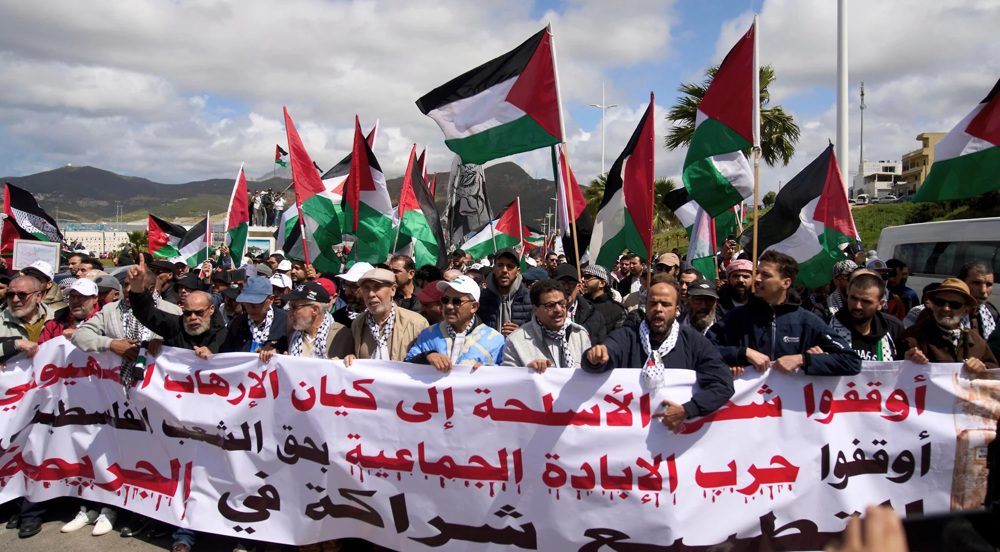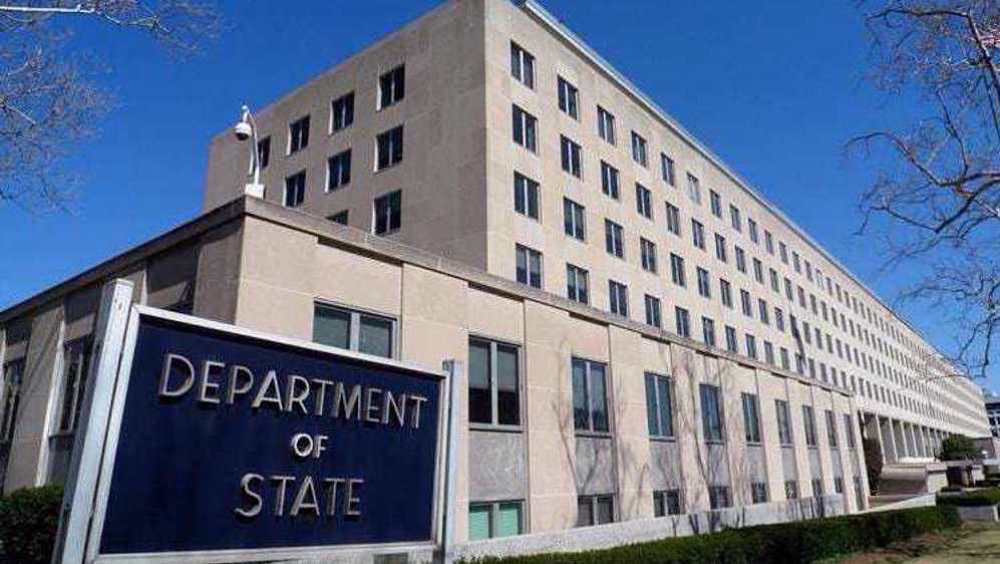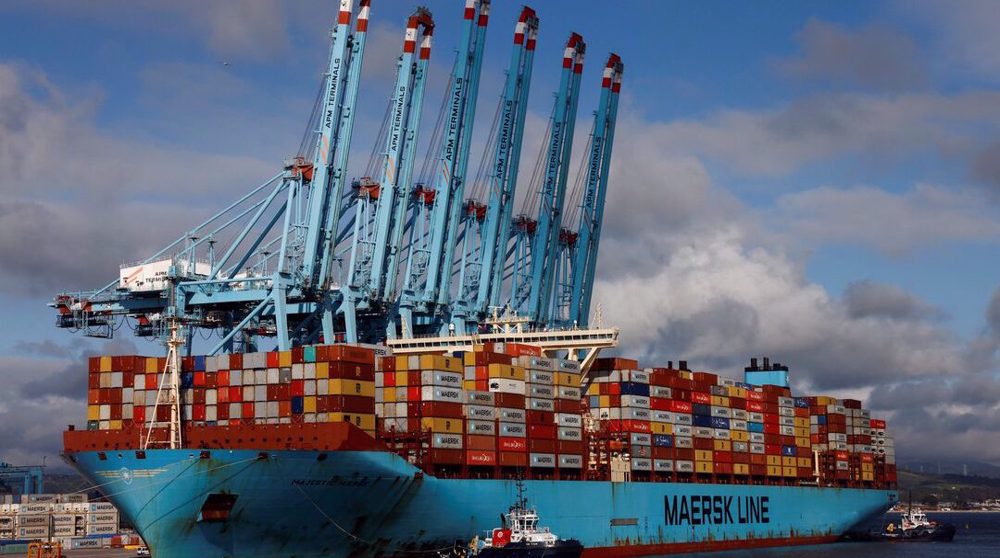Thousands rally in Tunis to mark 2011 revolution anniversary
Thousands of people have gathered in the Tunisian capital to mark the fifth anniversary of the 2011 revolution that overthrew longtime dictator Zine El Abidine Ben Ali.
They thronged Habib Bourguiba Avenue, the main thoroughfare in central Tunis, to remember the victims who lost their lives during the popular campaign against the Ben Ali regime.
Police were deployed in large numbers across the capital to prevent any violence amid fears that militants may target the mass rally.
Waving Tunisian flags, the participants chanted revolutionary slogans.
Prime Minister Habib Essid hailed the revolution's "achievements" in a statement, saying the uprising removed an authoritarian regime in Tunisia and paved the way for democratic changes.
"We are proud of the Tunisian exception, which dazzled the world. Tunisia broke once and for all with authoritarianism and tyranny," he said.
However, participants at the massive rally in Tunis expressed mixed feelings about the government's achievements over the past years.
"The revolution did not help me in any way - prices went up, many young people are still marginalized," a participant known as Latifa, a 40-year-old seamstress, said.
"But I came to celebrate anyway, because the revolution brought us some democracy, and that's important."

Despite the political changes, many youths have complained about lack of jobs and many families of the victims are frustrated with the justice system.
Premier Essid in his speech acknowledged that the North African country has been grappling with a weak economy which has been aggravated by terror threats.
"We recognize the reality, the economic and social problems made more acute by terrorist [attacks]," Essid said. "We are entitled to be proud of our revolution whatever the challenges we face."
Ahead of the anniversary, Essid made major changes to his cabinet, appointing 12 new ministers to meet the challenges. The premier replaced the ministers of the interior, justice and foreign affairs, among others.
A state of emergency was declared in the African country after a bomb attack by Takfiri Daesh terrorists targeted presidential guards in the capital Tunis in November 2015, killing 12 people.
The bombing followed two previous deadly attacks, claimed by Daesh, on the Bardo National Museum in Tunis and on a hotel near the Mediterranean resort of Sousse. Fifty-nine foreign tourists were killed in the assaults.
Tourists now avoid traveling to Tunisia over fears of further militant attacks targeting foreigners, in a move that has dealt a heavy blow to Tunisia’s struggling economy at a time when it is struggling with an unemployment rate of over 15 percent.
Thousands of Tunisian nationals have joined the ranks of Takfiri terror groups in Libya, Iraq and Syria, according to the authorities, who claim the Sousse and Bardo assailants were armed and trained in Libya.

Moroccan port workers protest Maersk ship carrying F-35 parts to Israel

US approves potential sale of Stinger missiles to Morocco

Morocco calls for boycott of Maersk ship over arms deliveries to Israel
Third round of indirect Iran-US talks kick off in Muscat
VIDEO | Honduras popular democratic project
Tehran slams Paraguay’s blacklisting of IRGC as illegal, tied to Israeli agenda
Israeli forces kill Palestinian teenager in occupied West Bank
US government deports two-year-old citizen 'with no meaningful process'
Spain granted 46 contracts to Israeli military firms since Gaza war began: Report
Yemeni ballistic missile triggers sirens across Israeli-occupied territories
VIDEO | Press TV's news headlines












 This makes it easy to access the Press TV website
This makes it easy to access the Press TV website